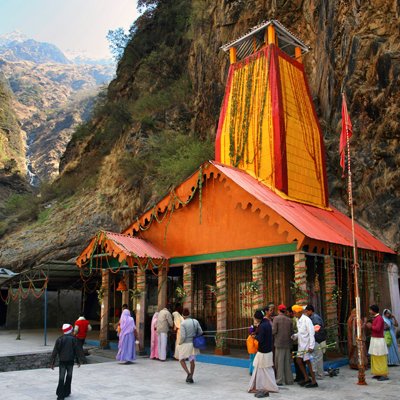Loading...
×
KHATU SHYAM YATRA
HAR KI PAURI
VESHNO DEVI YATRA
QUTUB MINAR
INDIA GATE
CHAR DHAM
GANGOTRI, BADRINATH & YAMUNOTRI
GANGOTRI , YAMUNOTRI & KEDAR NATH.
KEDAR NATH , BADRI NATH & YAMUNOTRI ..
KEDAR NATH , BADRI NATH & GANGOTRI...
GANGOTRI & YAMUNOTRI
KEDAR NATH & YAMUNOTRI.
KEDAR NATH & GANGOTRI.
KEDAR NATH & BADRI NATH
YAMUNOTRI
GANGOTRI
BADRI NATH
KEDAR NATH
AMAR NATH
PREM MANDIR
TAJ-MAHAL
RAM MANDIR
FATEHPUR SIKRI
ADHAI DIN KA JHONPRA-AJMER
PINK CITY
SHRI SALASAR BALAJI
AGRSEN KI BAWLI
JANTAR MANTAR
LOTUS TEMPLE
RASHTRAPATI-BHAVAN
RED FORT
BIRLA MANDIR
DAL LAKE
GULMARG
LEH-LADAKH
SHANKARACHARYA HILL
HADIMBA DEVI TEMPLE
DALHOUSIE
DHARAMSHALA
KASAULI
KUFRI
MANALI
MCLEOD GANJ
ROHTANG LA
MALL ROAD-SHIMLA
NANITAL
MUSSOORIE
DHANAULTI
CHANDI DEVI TEMPLE
DAKSHESHWAR MAHADEV TEMPLE
MANSA DEVI TEMPLE
RISHIKESH
PALTAN BAZAAR
SHIKHAR FALLS
MINDROLLING MONASTERY
MALSI DEER PARK
TAPKESHWAR MAHADEV MANDIR
SHREE PRAKASHESHWAR MAHADEV TEMPLE
GUCCHUPANI ROBBERS CAVE

